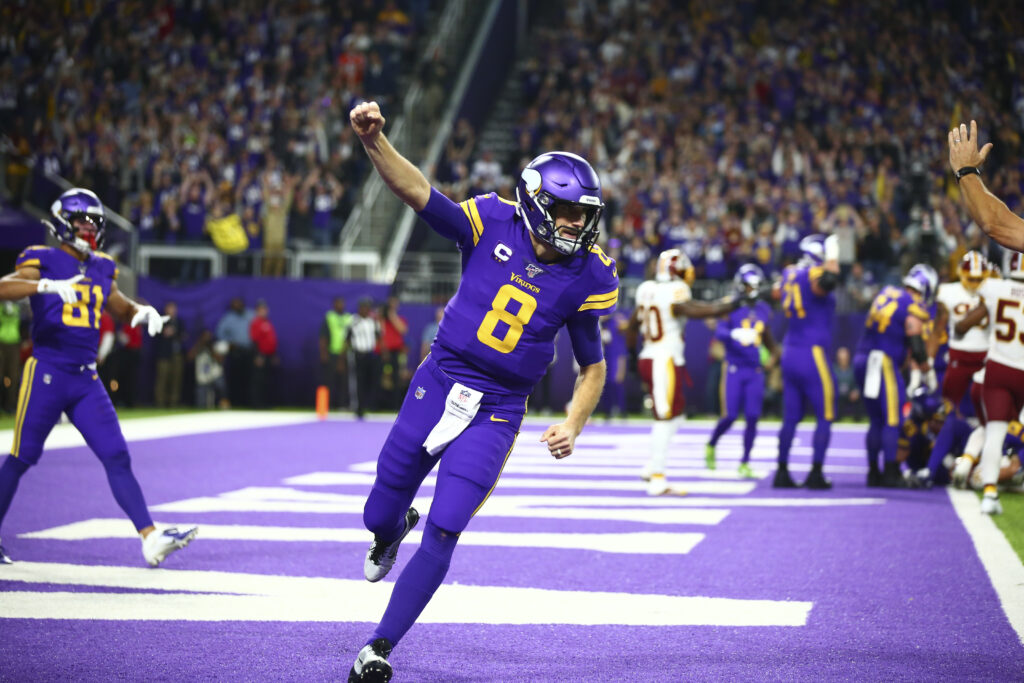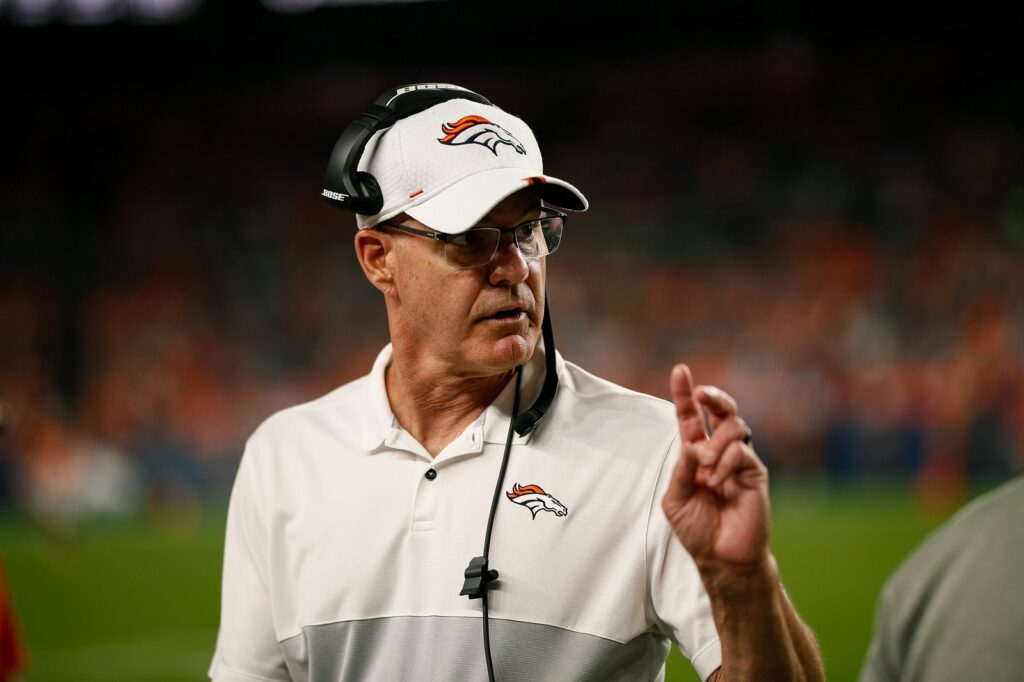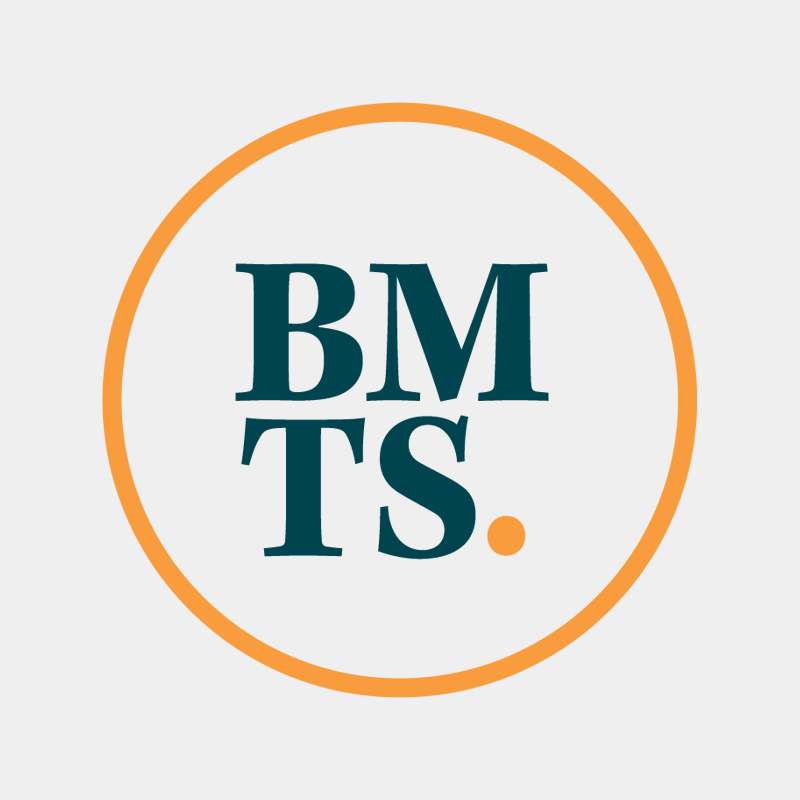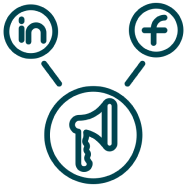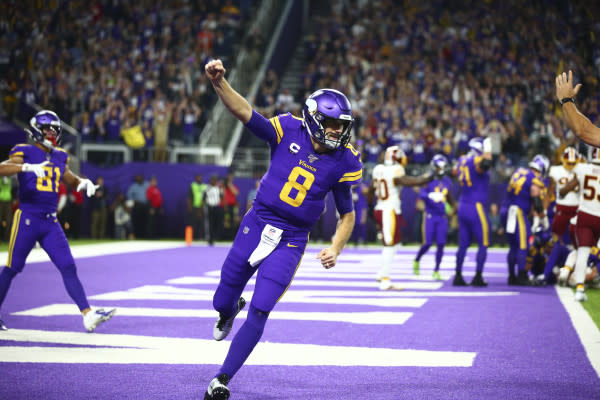
Matthew Coller is an experienced football writer who covered the Vikings for 1500ESPN and Skor North for four years. He is now writing a weekly Vikings column for Bring Me The News, and you can find more of his daily writing at Purple Insider.
At the end of every sentence analyzing the upcoming NFL season, the words, “if they play” or “that might change because of COVID-19,” are inevitably tacked on. That’s for good reason since the league has already been impacted significantly with the shutdown of facilities and cancelation of traditional offseason activities.
The lack of OTAs and minicamps hasn’t been a huge story because the NFL has pushed forward with everything else, from the draft to the schedule release to announcing the location of the next Pro Bowl. Plus there has been the overriding headline of social justice efforts increasing following George Floyd’s death and a consistent flow of news about the restarts of other leagues like MLB, WNBA, NBA etc.
But every NFL team will be affected differently by the lack of a traditional offseason. How much their plans are altered will vary wildly from franchise to franchise.
Clubs with new coaches are forced to implement systems via Zoom calls rather than in-person team meetings and hours spent on the practice field during minicamp. Quarterbacks with new teams can only get together on their own time with teammates in attempts to build some early chemistry. Rookies trying to learn new positions or skills are set way back.
The Minnesota Vikings have mostly dodged the pandemic’s bullet. With a full season in the offense’s system, the majority of players were already able to recite Gary Kubiak’s offense in their sleep before virtual meetings began.
So Kubiak has welcomed the opportunity to spend time in Zoom meetings sharpening the knowledge that his group already possesses.
“We’ve probably had more time with players classroom-wise probably at least double than what I’ve ever been a part of, so you never know until we all go back to work, but I would say that it’s been a very positive experience for us offensively,” Kubiak said on Wednesday during a call with the Twin Cities media.
The Vikings are returning their top receiver, both tight ends, four starting offensive linemen, starting running back (so long as Dalvin Cook works out a new contract) and most importantly quarterback Kirk Cousins, who posted the highest quarterback rating of his career in Kubiak’s scheme last year.
“I think Kirk came out of last year with a lot of confidence as a person and as a player,” Kubiak said.
Cousins’s past offseasons have usually been spent learning a new offseason. His first two years starting in Washington were spent with Sean McVay but after the 2016 season McVay was hired by the Los Angeles Rams and Cousins ran through three straight seasons of new offensive coordinators with Matt Cavanaugh in 2017, John DeFilippo in 2018 and Kevin Stefanski last year. Stefanski may have exited for a head coaching gig in Cleveland but he was operating Kubiak’s system, giving Cousins some stability during generally unstable circumstances.
“I think he’s very excited about our group moving forward, and he knows he’s going to have to take on an even bigger role with some of these new young faces like Justin [Jefferson],” Kubiak said. “I think Kirk has had a really good offseason, can’t wait to start throwing the ball around again. I know he’s chomping at the bit.”
Jefferson will face the steepest learning curve if/when training camp begins but even he has a leg up on other rookies around the league having come from an NFL-style offense at LSU.
“I think what he was asked to do last year is very beneficial,” Kubiak said. “You turn on the film, he was playing inside, but he was playing inside in like a lot of bunch sets. He was playing in the backfield sometimes. He was moving around a bunch. He runs a lot of choice routes; that’s a way of getting your best player the ball in our league. I think he’s done some things that give him a good head start moving forward.”
Jefferson was also one of the top athletes in the draft, running a 4.43 40-yard dash and college football’s most productive receiver with 111 receptions and 18 touchdowns.
Along the O-line, training camp will bring competition for both the left guard and right guard positions but nearly all of the candidates for those jobs were in Kubiak’s system last year. Dru Samia, a fourth-round pick from Oklahoma in 2019, will be competing with fourth-year guard Pat Elflein, Aviante Collins and veteran Dakota Dozier. The two starting tackles Riley Reiff and Brian O’Neill will be back and last year’s first-round pick Garrett Bradbury is expected to take a big step forward.
“I think we’ve created a very competitive and very flexible group so we have to just get to work and see how this is going to pan out,” Kubiak said. “I say all the time: We’re going to play our best five but I like our group, I like our players.”
That isn’t to guarantee the Vikings will have a top-notch offensive line. But continuity gives them a chance to improve in a world in which many teams will need more time to find their footing.
While it isn’t COVID related, Dalvin Cook’s contract situation is better because of the Vikings’ decision to keep Kubiak as their offensive coordinator. If he sits out the rest of the offseason — even into training camp — he can jump right back into an offense that has been built around him.
“Dalvin Cook is very bright,” Kubiak said. “He has as good a grasp on what we do and how we go about it. Dalvin could teach class – he’s that bright and that smart of a football player.”
The Vikings are in a much more challenging spot on defense, where they will have a new group of cornerbacks and at least two new starters on the defensive line but offense in today’s world simply has more to do with determining whether you win or not. Teams that ranked second, sixth, seventh, eighth and 10th in Expected Points Added on defense missed the playoffs while the Dallas Cowboys and Atlanta Falcons were the only top 10 offenses in EPA that were left out of the postseason.
With fresh faces and a learning curve on defense and a tough opposing QB schedule, the offense won’t find themselves in many games in which Cousins can throw the ball 10 times and hand off the rest of the way. They will, at very least, be better prepared for offensive shootouts than if they were changing systems again.
Of course, that’s if they play.


